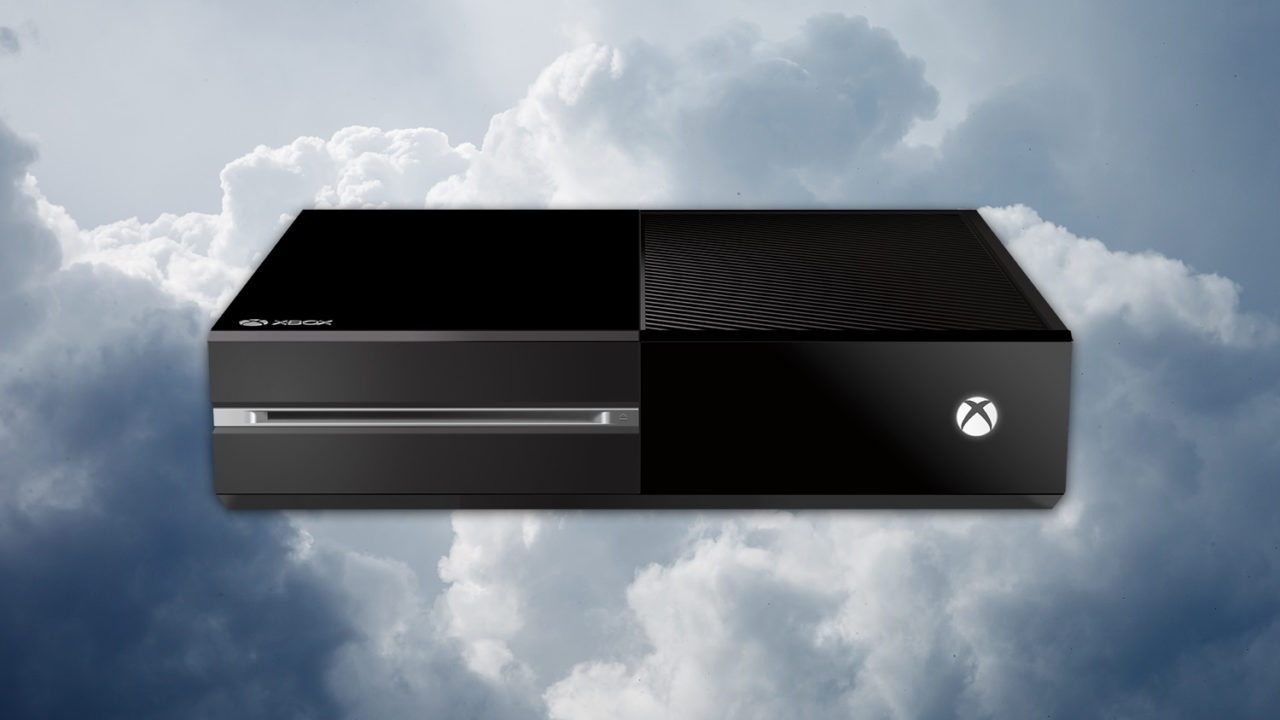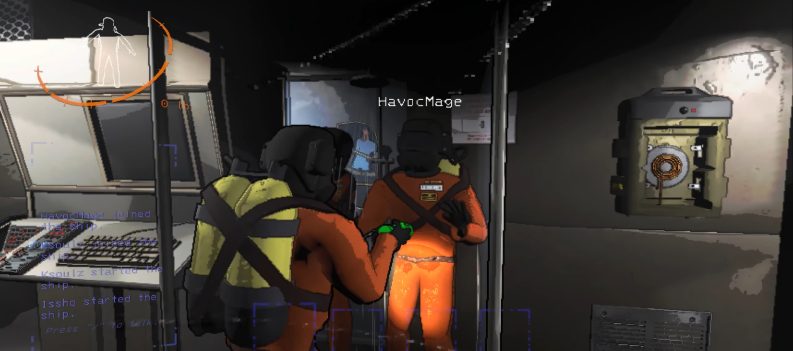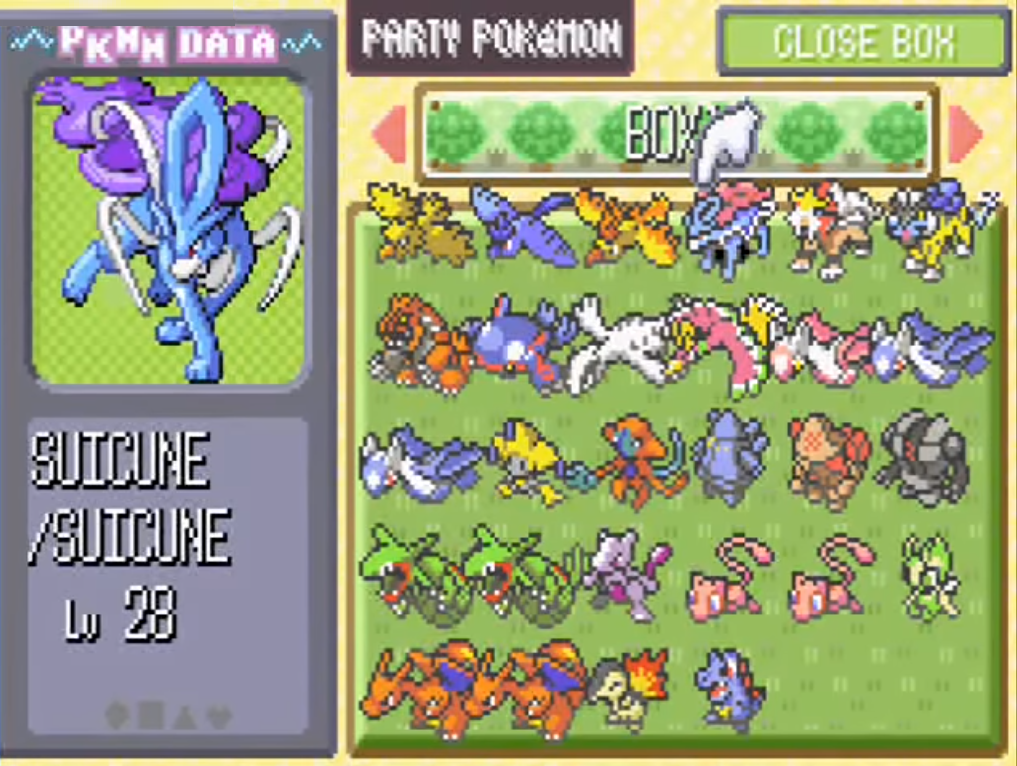One of the novel features of the upcoming Xbox One that Microsoft detailed on Tuesday was the ability of the device to offload certain processing tasks to servers in the cloud. This optional feature will take advantage of the more than 300,000 servers Microsoft is rolling out for the console’s launch.

While the Xbox unveiling didn’t reveal further details, Ars Technica spoke with General Manager of Redmond Game Studios and Platforms Matt Booty to clarify the console’s capabilities.
Microsoft advertises that its cloud servers will help the Xbox One with “latency-insensitive computations.” Gamers know that any delay between input, processing, and display during a game can ruin the experience, so Microsoft’s focus on these latency-insensitive tasks will be limited to areas such as physics modeling, fluid dynamics, cloth motion, and lighting, as Mr. Booty explained:
One example of that might be lighting. Let’s say you’re looking at a forest scene and you need to calculate the light coming through the trees, or you’re going through a battlefield and have very dense volumetric fog that’s hugging the terrain. Those things often involve some complicated up-front calculations when you enter that world, but they don’t necessarily have to be updated every frame. Those are perfect candidates for the console to offload that to the cloud—the cloud can do the heavy lifting, because you’ve got the ability to throw multiple devices at the problem in the cloud.
Microsoft’s goal is to give each Xbox One owner the equivalent power of “about three” additional Xbox One units in the cold, meaning that offloaded calculations could significantly impact graphics quality and performance.
Not every game will take advantage of the Xbox cloud, however. It’s up to each developer to determine if and how their title will utilize cloud processing. Another factor is the online connection.
After some concern about “always on” requirements earlier this year, Microsoft clarified that gamers can still play single-player games without an Internet connection. Therefore, games that utilize the cloud will have to decide how they will work if an Internet connection is not active or if its performance is too low to make offloaded computations unfeasible.
While the details of how this process will work are still murky, Mr. Booty explained that Microsoft understands the connectivity concerns and wants to provide the best experience both online and offline:
If there’s a fast connection and if the cloud is available and if the scene allows it, you’re obviously going to capitalize on that. In the event of a drop out—and we all know that Internet can occasionally drop out, and I do say occasionally because these days it seems we depend on Internet as much as we depend on electricity—the game is going to have to intelligently handle that. [This is] new technology and a new frontier for game design, and we’re going to see that evolve the way we’ve seen other technology evolve.
More details on the Xbox One are expected at E3 next month.


 More Xbox One
More Xbox One










